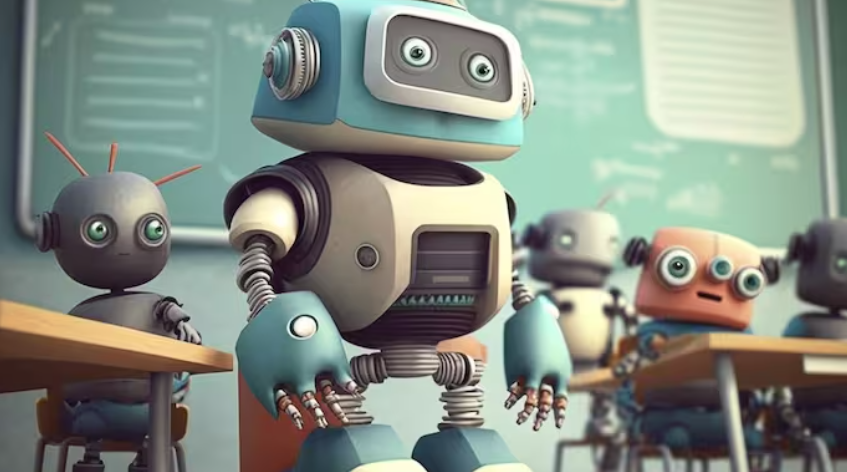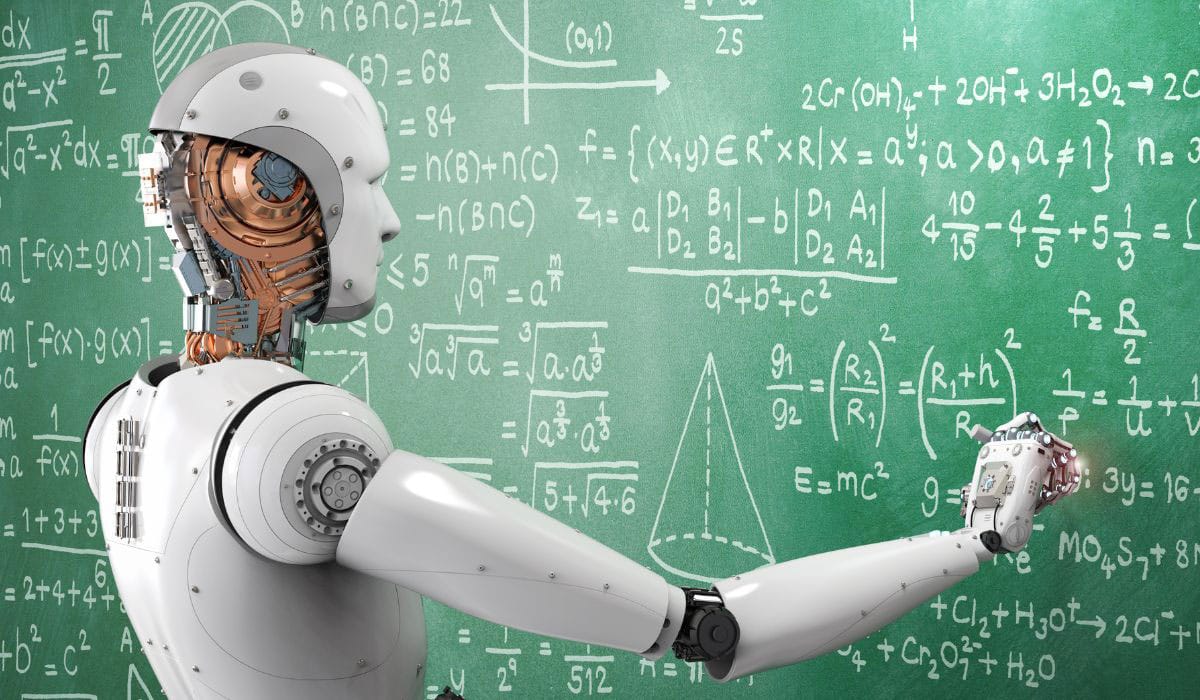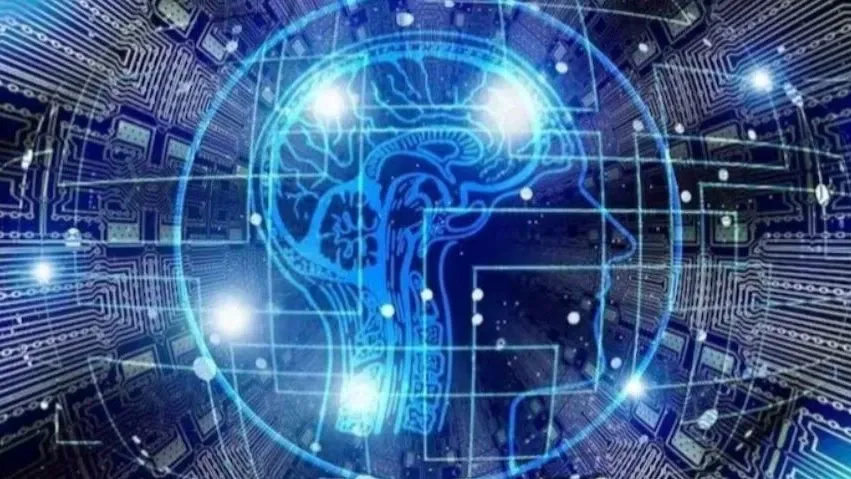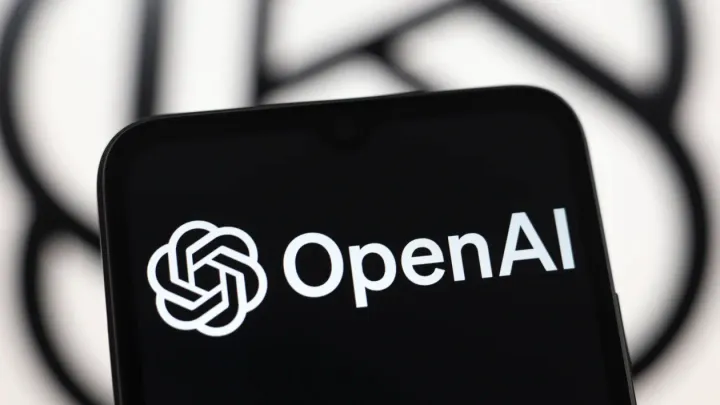AI and Machine Learning to Reshape India's Tech Education in 2025 and Beyond

With a focus on integrating new-age technologies such as Artificial Intelligence and Machine Learning, India plans to equip the next generation of students and professionals with the necessary skills for the job market.
As new-age digital technologies such as AI, ML, and many others started sprouting up, little was known about what it would be like to change the world. Within a few years of their development, these technologies are now the powerhouses for Big Tech, where tech enthusiasts, professionals, and students are finding upskilling opportunities. Directly, it translates into growing needs to bring AI and ML into technical education worldwide.
Current Scenario of Technical Education in India
India has always been a global hub for IT and engineering talent. However, traditional curricula have been very slow to change with the rapid pace of technology. Although premier institutions such as the Indian Institutes of Technology (IITs) and National Institutes of Technology (NITs) have started to integrate AI and ML courses into their curriculum, many universities and colleges still follow outdated syllabi.
The National Education Policy (NEP) 2020 is one of the many initiatives that the government has undertaken to modernize education. The government is also associating itself with edtech companies and corporate houses to launch AI-based learning content, vocational training, and AI research centers across the nation.
AI and ML in the Future of Education
Personalized Learning
AI-based learning platforms are now allowing for tailored learning experiences to the needs of individual students. Adaptive learning systems use ML algorithms to analyze the performance of the student and deliver customized study plans, thus ensuring a more effective learning process.
AI-Based Assessment and Evaluation
The traditional examination system is being complemented by AI-based assessments that provide instant feedback and analytics about the performance of the students. These automated assessments help teachers understand the knowledge gaps and personalize their teaching strategies accordingly.
Smart Classrooms and AI Tutors
Virtual AI tutors are emerging as powerful tools to assist students outside traditional classroom settings. These AI-driven bots can answer queries, provide explanations, and offer real-time assistance in various subjects.
Industry-Relevant Curriculum
Many universities are collaborating with tech companies to redesign their curriculum to include AI, ML, and other emerging technologies. This industry-academia partnership ensures students acquire hands-on experience with real-world applications.
Bridging the Skill Gap
With automation in the process of reshaping industries, there is a growing need for AI and ML specialists. AI-powered training modules are upskilling and reskilling professionals, which bridges the skill gap between what academia offers and what the industry requires.
Government and Private Sector Initiatives
National AI Strategy
The Indian government has taken a number of initiatives: the National AI Strategy and the AI for All campaign are so far designed to foster AI literacy and research. Integration into school and university curricula is being planned by the Ministry of Education.

AI and ML Research Institutes
IIT Madras, IIIT Hyderabad, and IISc Bangalore have provided AI labs that enhance innovation and collaborate with global tech giants.
EdTech Startups and Online Learning Platforms
Edtech startups such as Byju's, UpGrad, and Great Learning are providing specialized AI and ML courses to students and professionals across the country.
Challenges in AI and ML Adoption in Education
Lack of Skilled Faculty
There is a lack of AI and ML educators with industry experience. Collaboration between academia and tech companies is necessary.
Infrastructure and Resource Constraints
Many institutions, especially the rural ones, do not possess the infrastructure to adopt AI-driven education. Direct investments by both the government and the private sectors could fill this chasm.
Resistance to Change
Traditional educators and educational institutions display great resistance towards adopting AI-driven methodologies of teaching. The chasm can thus be filled by spreading awareness and holding training programs for the teachers.
The way forward for AI and ML in Indian Education
AI and ML will be an integral part of India's education system by 2025 and beyond. The learning outcome will increase, and access will be ensured along with the preparation of the students for changing employment requirements. India can emerge as a global leader in AI-powered education as it has continuously innovated up until now.
Frequently Asked Questions (FAQs)
How does AI and ML benefit Indian Students?
AI and ML are being used to make education more personalized, assessments more automated, and curricula industry-relevant for making education more effective and job-oriented.

What AI-driven educational initiatives are being introduced in India?
Initiatives such as National AI Strategy, AI for All, and the collaboration with edtech platforms such as Byju's and UpGrad are popularizing AI literacy and skill development.
Are AI and ML courses being offered to school students?
Yes, under NEP 2020, the Indian government is integrating AI and ML courses into school curriculums, and edtech platforms are offering student-friendly courses.
What kind of jobs do AI and ML graduates have after completion?
The graduates of AI and ML can find a variety of roles: data scientists, AI engineers, research analysts, and machine learning developers, for instance, across industries in health care, finance, and IT.
How do professionals upskill in AI and ML?
Professionals should keep themselves abreast through online courses, AI boot camps, and the edtech platform with some kind of certification to stay relevant in the marketplace.



